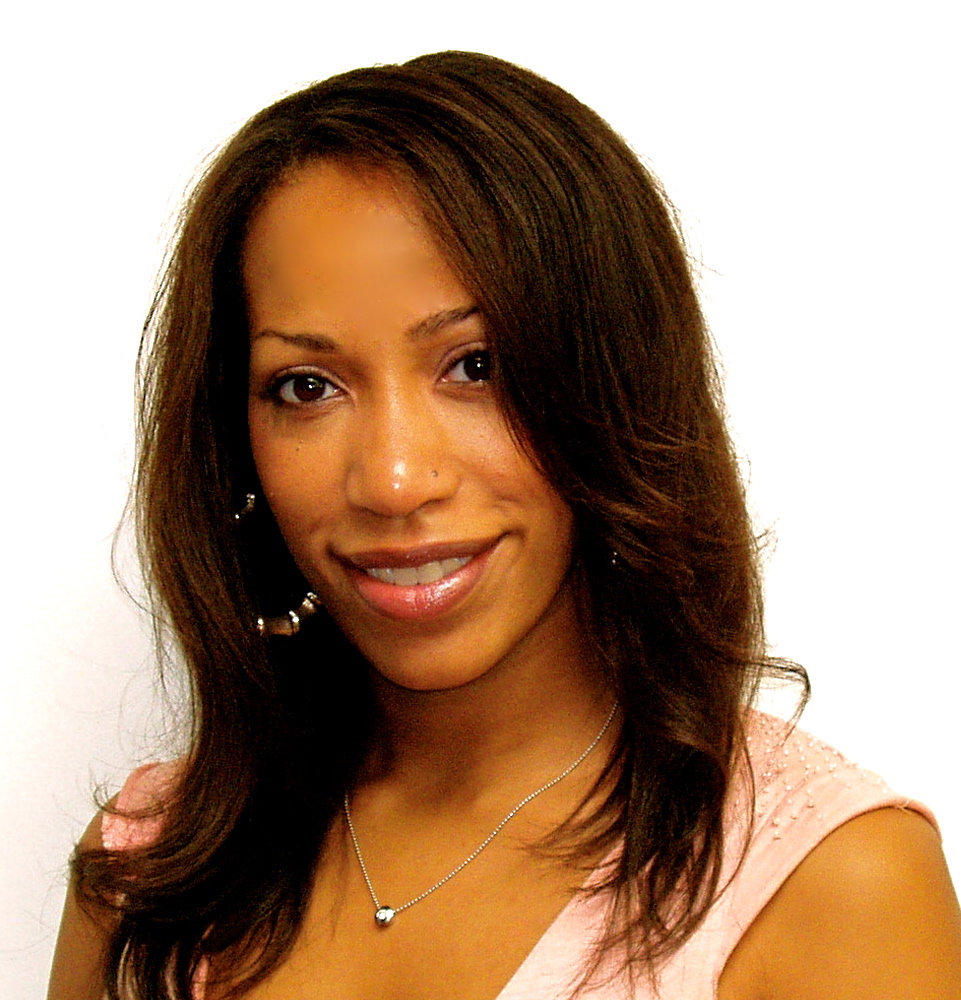Leah Thomas
MA, Arts Politics

Tell us what it was like to study in Art & Public Policy
APP was a value shifting experience. You walk in one person, a person you believe you know backwards and forwards, and within a few short weeks, you realize that you are actually just meeting yourself for the first time. It asks you point blank, what do you value and why? And then it gives you the tools to answer the question.
Thinking back, what was the biggest lesson you learned?
That all roads led me to APP. Choices that previously seemed random and disconnected, in truth, blazed a direct path to APP’s door. On our first day, we learned that we were a multi-disciplined collective, and that it was lawful to wear many different hats.
The second biggest lesson I learned is that Creative Education is a Civil Right; it is a fundamental aspect of educating a child and we must fight for all children to be raised with equal education under the law. Creative people by design are not a monolith and the arts are not merely something to enjoy in your spare time. All art retains the capacity to enlighten as much as entertain. And every child deserves the right to make the arts a life long pursuit if he or she so desires.
Is career different than what you expected?
How I make my living is different than expected, but not what I do for a living. I had no intention of becoming a producer, but it was always my intention to use film as a medium with which to inspire change.
From an early age I was always involved with the arts. I studied Drama throughout my childhood, participated in the Future Filmmaker’s Directing Program at Tisch as a teenager, and entered plays I had written into local competitions. It was very clear that I was going to pursue a life telling stories in some capacity. However, I could never have predicted the journey.
I too could not have predicted that my work would have taken me into the documentary space. Working on 3 ½ Minutes, which would ultimately get shortlisted for an Oscar, was a humbling experience. Highlighting a young man’s struggle to carve out an open and honest future in 25 to Life and producing an entire series entitled America Divided, under Shonda Rhimes, Norman Lear and Common, focused on inequality in America, were equally unexpected and glorious moments that I cherish.
When I graduated from Tisch I moved to LA to pursue acting, only to find that SAG was on strike, and would continue to strike for an entire year. I quickly had to recalibrate not only how I would use my savings, but how I would occupy my time until the industry settled itself. I returned to NY and began interning, which led to a job as an assistant working for a group of incredibly powerful and trailblazing women at Revolution Studios. Until then, I had not spent much time thinking about the business of film and even less time about the talented women who helped to shape it. Those years taught me important lessons of fortitude that I continue to infuse in my work today.
And yet it has been my work with The Ghetto Film School for more than a decade, that has touched my soul and ignited a life long passion to encourage a shift in perspective between what is valued and undervalued, and what material is given or not given, the tools with which to flourish in the marketplace. In my particular profession, that usually equates to which material is “greenlit” and which material is ciphoned off as “niche”. As I have gotten deeper into my profession, that change has come to be defined, as transformation both in front, and behind the camera.
As many in Hollywood take up the diversity debate in 2016, GFS has been tackling this issue from the ground up, since the early 2000’s. It was here that I began to broaden my definition of change. And that not only includes content creators, but executives, above the line and below the line crew. There is a place for everyone in this industry.
One piece of advice that you’d give to someone considering attending the school?
Do not skip class. You need each and every day. But more importantly, your fellow classmates need you. You may be holding the perspective that leads to a profound insight and evolution of thought for someone else. You mustn’t cheat yourself or others from the experience of you.
For the 50th anniversary of the school, we chose the phrase Celebrating the Past / Creating the Future. Any thoughts on your future, the future of the industry, or what we can expect in the next 50 years?
The industry has entered into an exciting time. Audiences are beginning to speak back to the filmmaking community and for the first time in a long while, I believe we are starting to listen. Gone are the days when we created steadfast demographic driven pools of content, as we have recently seen those traditional thought patterns are no longer valid, if we can honestly say they ever were. Cinema is meant to transcend, to lift the viewer to connect with the universal truths we all know and share. I am thrilled to see the work my fellow former classmates are creating. I am thrilled to know former classmates who have chosen to produce or help finance emerging work. There is a strong wave of people, from all sides of the spectrum, working diligently to usher in and create space for new voices. I hope when all is said and done, it can be said that I did my part to do the same.